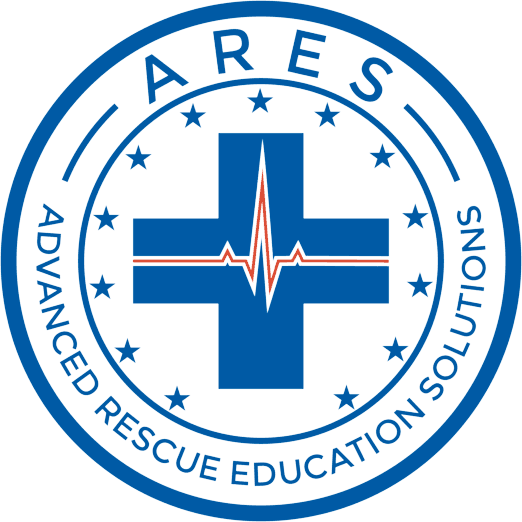Guide to Entering the Industrial Field at ARES
Pursuing a career in the industrial sector requires specialized knowledge and skills to ensure safety and efficiency in a variety of demanding environments. At ARES, we offer a range of courses designed to prepare students for various industrial roles. This guide will help you structure your educational path to enter the industrial field effectively.
Step 1: CPR and First Aid Certification
Your foundational step towards an industrial career is to become certified in CPR (Cardiopulmonary Resuscitation) and First Aid.
Importance of CPR and First Aid
- Life-Saving Skills: These courses teach you how to respond in emergency situations, providing vital assistance in critical moments.
- Workplace Safety: Understanding first aid and CPR is essential in an industrial setting due to the higher risks associated with this work.
- Certification: Upon completion, you will receive certifications in CPR and First Aid
Step 2: Specialized Industrial Training
After obtaining your CPR and First Aid certification, you can specialize by choosing from the following ARES industrial courses:
General Industry Courses
- BBP Training for Employees: Learn about Bloodborne Pathogens and how to protect yourself and others at work.
- Lockout/Tagout: Understand the procedures to control hazardous energies during maintenance activities.
- Personal Protective Equipment (PPE): Gain knowledge about selecting and using appropriate PPE.
- Fire Extinguisher & Ladder Safety: Become adept in using fire extinguishers and following ladder safety protocols.
- High-Impact Crane Safety & Machine Guarding: Learn about operating cranes and machinery safely.
- Hazcom and The Global Harmonizing System: Get familiar with hazard communication standards.
- Confined Space Awareness & Entry: Understand how to work safely in confined spaces.
- Respiratory Protection & Electrical Arc Flash Safety: Learn about respiratory safety and protecting yourself from electrical hazards.
- Combustible Dust & Hole Watch: Study the risks associated with combustible dust and the role of a hole watch.
Medical Courses
- First Responder & Emergency Medical Technician (EMT): Develop skills to provide initial care in medical emergencies.
- Blood Borne Pathogens: Understand how to manage and prevent exposure to bloodborne pathogens in the workplace.
Fire, Rescue, Hazmat Courses
- Fire Safety/Extinguisher & Fire Watch: Learn about fire safety protocols and the responsibilities of a fire watch.
- Fire Hydraulics & Hazwoper Refresher (8, 24, 40 hour): Study the mechanics of fire suppression and update your hazardous waste operations knowledge.
- Atmospheric Monitoring/IDLH & Confined Space Rescue: Gain skills in detecting dangerous gas levels and performing rescues in confined spaces.
- Structural and Industrial Fire Fighting: Learn advanced techniques in fighting fires in industrial and structural settings.
Additional Considerations
- Job Requirements: Research the specific requirements for the industrial role you are interested in to select the most relevant courses.
- Safety Compliance: Understanding and complying with OSHA regulations is critical in the industrial sector.
- Career Progression: Consider how each course aligns with your career goals and the qualifications required for advancement.
- Physical Fitness: Many industrial roles require a good level of physical fitness due to the nature of the work.


